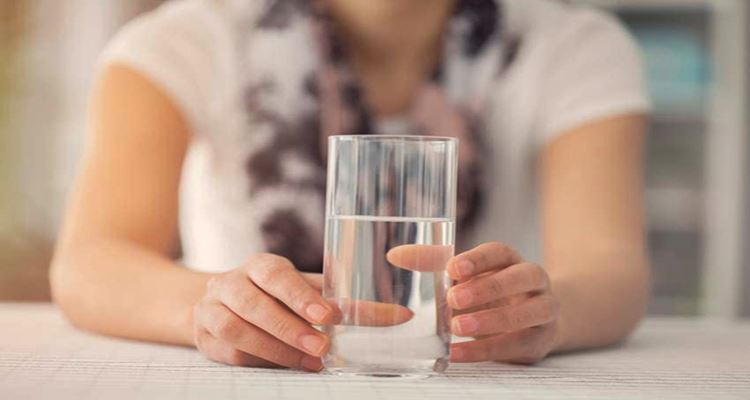What are the signs of water intoxication and hyponatremia?
WATER INTOXICATION – What happens if you drink too much water or overhydrate yourself? Find out the signs and symptoms below!
As much as many are aware, water is essential for many reasons. Drinking water does more than just quench your thirst. It is important to keep proper functioning of the body, for detoxification, and for many other reasons.
Most of the major systems of the body actually depend on water to function well and survive. We are told to drink eight glasses of water a day.
The U.S. National Academies of Sciences, Engineering, and Medicine determined that an adequate daily fluid intake is about 15.5 cups (3.7 liters) of fluids a day for men and 11.5 cups (2.7 liters) of fluids a day for women

Now, what happens to a person who has drank excessive fluid or overhydrated himself?
This is called hyponatremia and overhydration happens when you drank too much water or your kidneys have retained an excessive amount of this.
The dangers of this include headaches, nausea, and vomiting. But in severe cases, the following signs may occur according to a post from Medical News Today:
- drowsiness
- muscle weakness or cramping
- increased blood pressure
- double vision
- confusion
- inability to identify sensory information
- difficulty breathing
Cutting back your fluid intake, taking diuretics, treating the condition causing this, and stopping the medications that caused this are just some of the ways to resolve this condition.
Meanwhile, you would need to modify your water intake as these instances would require more water:
- exercise
- hot weather
- high altitude
- a high-fiber diet
- increased losses from caffeine and alcohol intake
The best way to monitor your hydration is by observing the color of your urine.
Overhydration can lead to water intoxication and water intoxication can dilute your body’s sodium and other electrolytes. This may result in the swelling of cells and could be life-threatening. If not treated, it can cause permanent damage to the brain and worst, death.
READ ALSO:
What can you say about this? Let us know!
